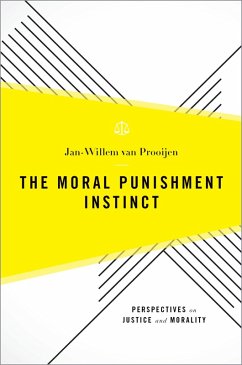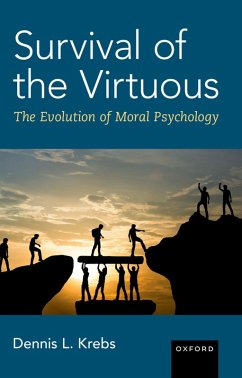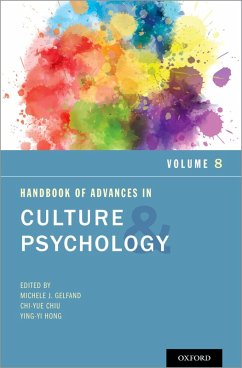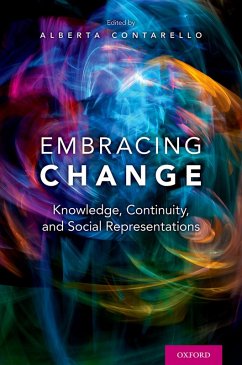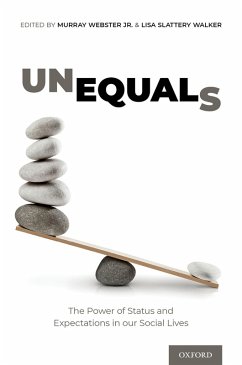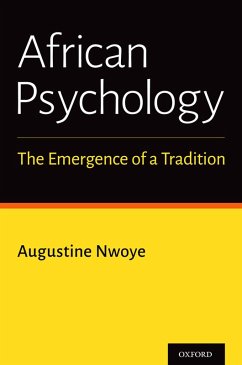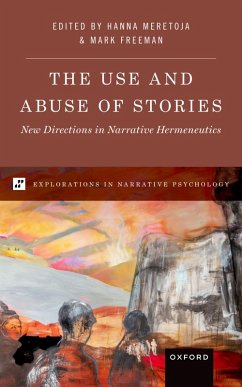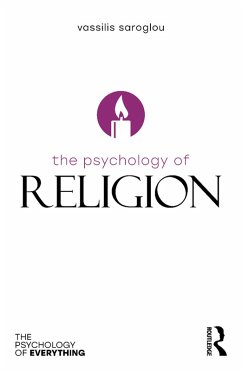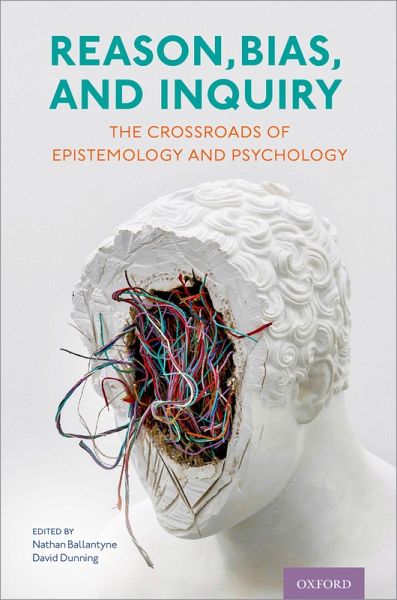
Reason, Bias, and Inquiry (eBook, PDF)
The Crossroads of Epistemology and Psychology
Versandkostenfrei!
Sofort per Download lieferbar
27,95 €
inkl. MwSt.
Weitere Ausgaben:

PAYBACK Punkte
14 °P sammeln!
Philosophers and psychologists routinely explore questions surrounding reasoning, inquiry, and bias, though typically in disciplinary isolation. What is the source of our intellectual errors? When can we trust information others tell us? This volume brings together researchers from across the two disciplines to present ideas and insights for addressing the challenges of knowing well in a complicated world in four parts: how to best describe the conceptual and empirical terrain of reason and bias; how reasoning and bias influence basic perception of the physical world; how to assess knowledge a...
Philosophers and psychologists routinely explore questions surrounding reasoning, inquiry, and bias, though typically in disciplinary isolation. What is the source of our intellectual errors? When can we trust information others tell us? This volume brings together researchers from across the two disciplines to present ideas and insights for addressing the challenges of knowing well in a complicated world in four parts: how to best describe the conceptual and empirical terrain of reason and bias; how reasoning and bias influence basic perception of the physical world; how to assess knowledge and expertise in ourselves and others; and how people approach reasoning and knowledge among and about groups. Together, the chapters show what philosophers and psychologists can do together when they shine light on the challenges of reaching the truth and avoiding errors. Reason, Bias, and Inquiry is a multidisciplinary meditation for readers who are awash in information but are uncertain how to manage it to make informed decisions.
Dieser Download kann aus rechtlichen Gründen nur mit Rechnungsadresse in A, B, BG, CY, CZ, D, DK, EW, E, FIN, F, GR, HR, H, IRL, I, LT, L, LR, M, NL, PL, P, R, S, SLO, SK ausgeliefert werden.





